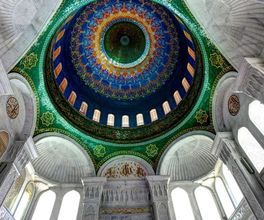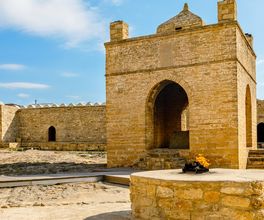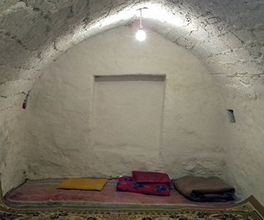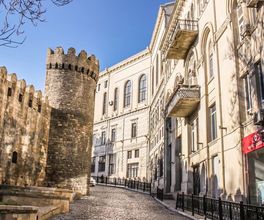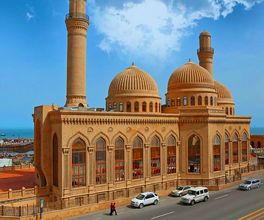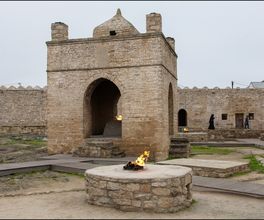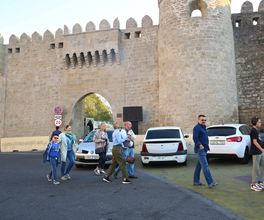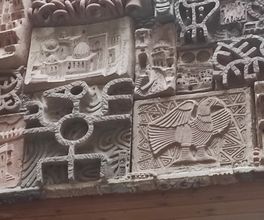



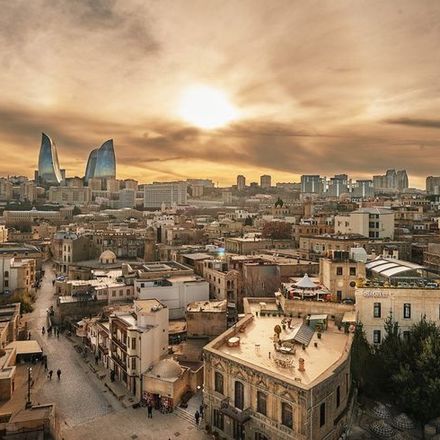
5 religions of Baku. Through the streets of the city - through the centuries
About this experience
Follow the footsteps of five religions in Baku - paganism, Zoroastrianism, Judaism, Christianity, and Islam - means discovering the rich, millennia-old history of the city and its reflection in the capital's appearance. You will learn how religions succeeded each other and how some of them coexist today, what a classic armud and madrasah are. And you will also visit the favorite places of Bakuvians and explore the subtleties of Eastern conversation!
What to expect
Life of five religions
Gobustan was called the 'cradle' of civilization. Having visited the museum of stone chronicles, you will see ancient slabs with rock drawings, by which, as visual aids, you will learn how people lived millennia ago, what rituals they followed, and in which pagan gods they believed. I will introduce you to the history of Zoroastrianism, unique for its time. You will visit the sacred places of Zoroastrians and learn what later religions such as Judaism, Buddhism, Islam, and Christianity borrowed from the followers of this first monotheistic religion. You will learn how the daily life and living conditions of the Jewish communities in Baku differed from those in other countries - why Jews found a home here. I will tell you where Saint Bartholomew was crucified, and you will immerse yourself in the history of all the Christian churches of the Azerbaijani capital. And we will talk about Islam as the foundation of medieval life in Baku and the main religion of the country today.
Baku architecture, cuisine, and flavors
Being at the site of the very first mosque in the city, you will carefully examine the Eastern buildings of the city, be able to independently determine the century of their construction and notice the motifs of classical Islamic architecture. You will learn the differences between madrasahs and European monasteries of the Middle Ages and modern universities. Your acquaintance with Baku will take place not only on the streets of the capital but also in national restaurants and shops: during wine tasting, in a teahouse where you can try homemade jam and Bakuvian baklava, and in a silk shop. You will master the art of Eastern conversation over a cup of Lenkoran tea in establishments that have long been loved by Bakuvians gourmets.
